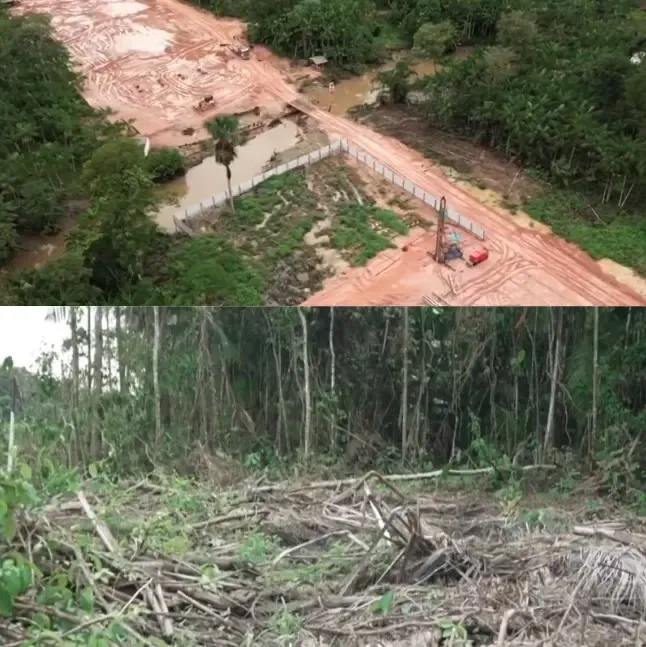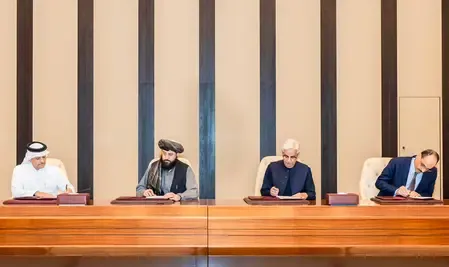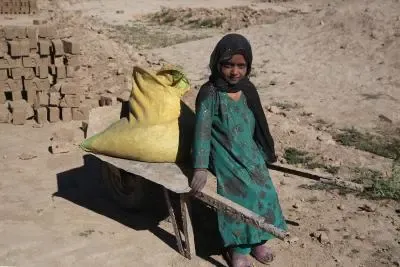Brazil Faces Criticism Over Amazon Deforestation Ahead of Climate Summit

Synopsis
Key Takeaways
- Brazil faces backlash over Amazon deforestation.
- The highway is for the upcoming COP30 climate summit.
- Concerns about local livelihoods and wildlife disruption.
- Government claims the project is 'sustainable.'
- Debate on Brazil's role in climate action continues.
Brasilia, March 13 (NationPress) Brazil is under fire for extensive deforestation in the Amazon rainforest aimed at constructing a highway for the forthcoming COP30 climate summit, which raises doubts about the nation’s commitment to environmental conservation.
The highway, intended to facilitate the movement of tens of thousands of delegates attending the UN climate conference in November, has ignited accusations of hypocrisy, as reported by various media outlets.
The Amazon rainforest, often dubbed the “lungs of the Earth,” is essential for carbon absorption and the preservation of global biodiversity. Local residents have voiced concerns about the detrimental effects on their livelihoods, while conservationists caution that the new road could significantly disrupt wildlife migration, according to The Telegraph.
This four-lane highway is projected to alleviate traffic congestion in the host city, which expects over 50,000 attendees, including global leaders, as per a report from the BBC.
Although the state government has touted the project’s “sustainable” credentials, environmental advocates contend that the widespread clearing of the rainforest contradicts the fundamental purpose of a summit focused on climate issues.
Brazilian President Luiz Inacio Lula da Silva and Environment Minister Marina Silva have stood by the initiative, highlighting that this summit is momentous as it represents “a COP in the Amazon, not just about the Amazon.”
The President noted that the conference aims to spotlight the region's needs, provide a global outlook on the rainforest's importance, and demonstrate the federal government’s commitment to its protection.
Regardless of government assurances, the initiative has sparked a debate regarding Brazil’s environmental policies, with critics asserting that deforestation for infrastructure projects undermines the nation’s position as a leader in climate action.
As preparations for COP30 progress, the ongoing controversy surrounding the highway’s impact on the Amazon adds complexity to the global climate dialogue.









